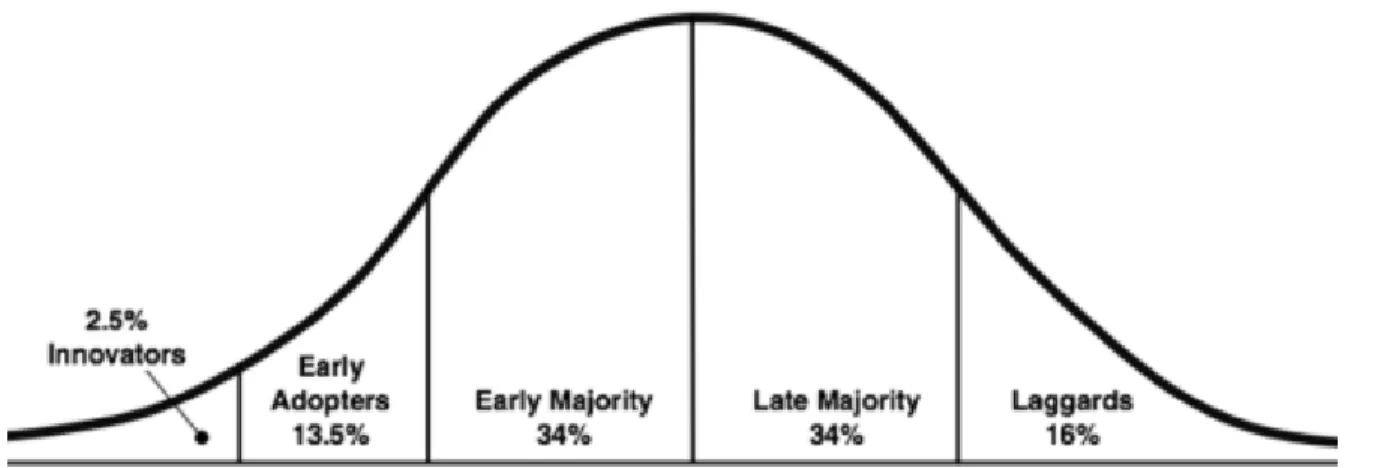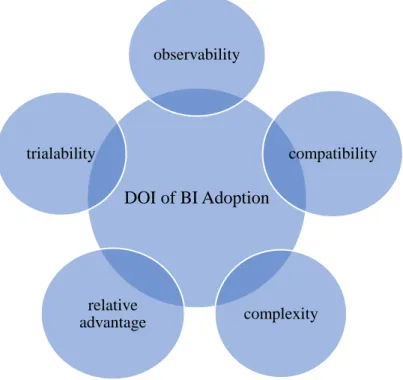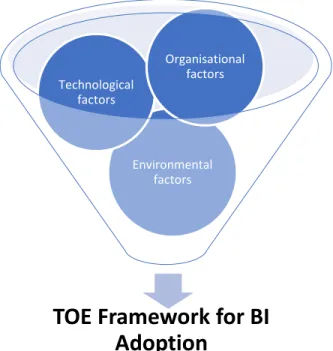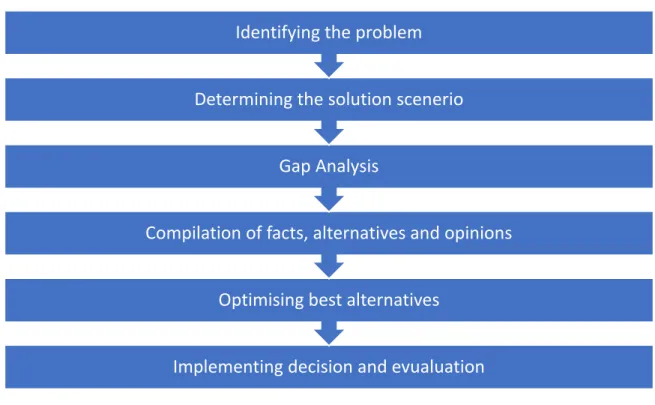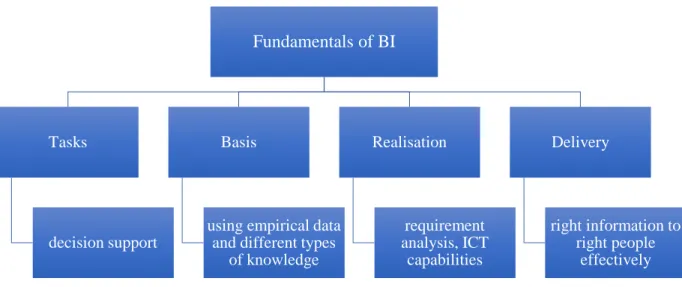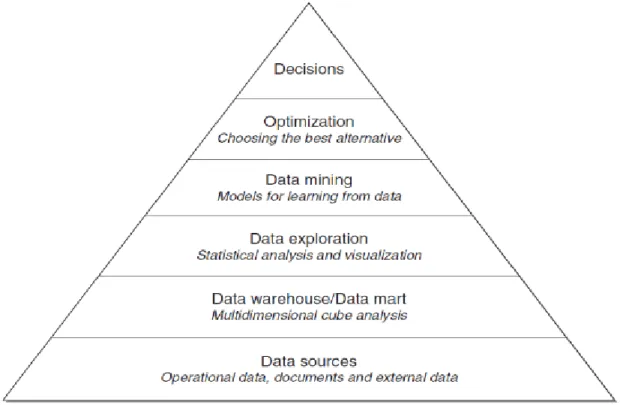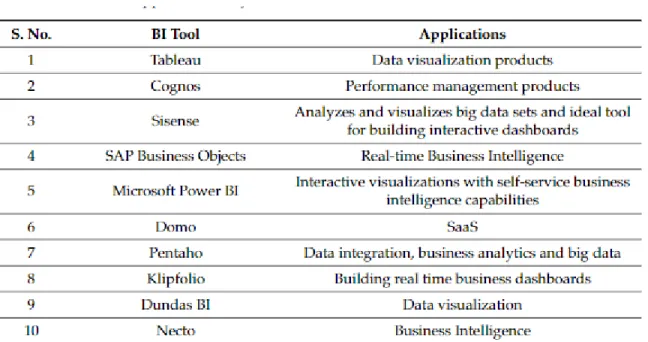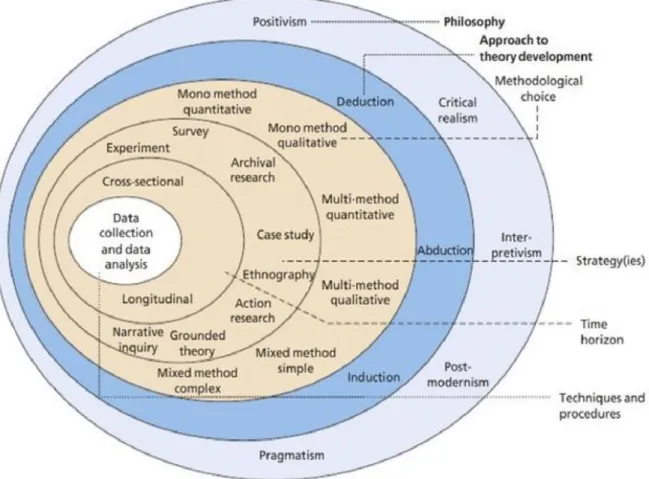I understand that the British University in Dubai may make a digital copy available in an institutional repository. The author, whose copyright is indicated on the title page of the work, has granted the British University in Dubai the right to lend his research work to users of its library and to make partial or single copies for educational and research use. Thus, the current study focused on analyzing the importance of BI platforms in improving the decision-making process at the Dubai Statistics Center (DSC), a government entity in Dubai.
Using secondary research design, the study determined factors influencing the decision-making process in Dubai government entities. The recommendations are provided which delay the effective use of BI platforms in DSC and other government entities in Dubai. Cornelius Ncube for supervising this research, and everyone else who provided me with continuous support throughout my years of pursuing my master's degree, everyone who assisted me in the process of writing and choosing this dissertation topic, and to all professors at the British University in Dubai.
Introduction
Introduction
- Background
- Research Context
- Problem Statement
- Aim
- Research Questions
- Research Objectives
- Contributions of the Research
- Expected Outcomes
- Dissertation Outline
The purpose of the current investigation is to analyze the evolution of BI platforms and their importance in the decision making of Dubai government entities. A secondary research design will be used to analyze the importance of BI platforms in the decision-making process in the government entities of Dubai. The current study focuses on analyzing the importance of business intelligence platforms in enabling data-driven decision making in Dubai government entities.
How the development of a BI platform will improve the decision-making process for the Dubai Statistics Centre. To develop and analyze the importance of the BI platform in the effective decision making of the Dubai Statistics Centre. Evaluate and provide recommendations regarding the use of the BI platform at the Dubai Statistics Center for effective decision making.
Literature Review
Introduction
- Theoretical Review
- Diffusion of Innovation Theory
- Technology, Organisation, and Environment (TOE) Framework
- Rational Model of Decision Making
- Empirical Review
- The fundamentals of Business Intelligence (BI)
- BI Platform and Decision Making in Dubai Government entities
- BI Platform Development: Techniques and Previous Work
- Literature Gap
- Summary
It is the opposite of the intuitive or non-rational model of decision making that incorporates assumptions, beliefs and gut feelings to make decisions (Gigerenzer and Gaissmaier, 2015). The rational model of decision-making is essential to understand the meaning of data-driven decision-making, Mandinach and Schildkamp (2021) highlighted that the current progress in the world has led to the development of data-driven decision-making. In the current context, the rational model of decision-making is valid, since the development of the BI platform for the Dubai Statistics Center involves less consideration of uncertain situations.
A rational decision-making model is important for the implementation of BI, as it demonstrates the importance of data-driven decisions. Theoretical aspects revealed that the most commonly used theories relevant to the adoption of technology such as BI include the DOI framework, TOE; while the rational decision making model established the importance of data-driven decision making. In conclusion, the most important theories relevant to the adoption of BI, DOI, TOE; and data-driven decision-making is effectively explained by a rational decision-making model.
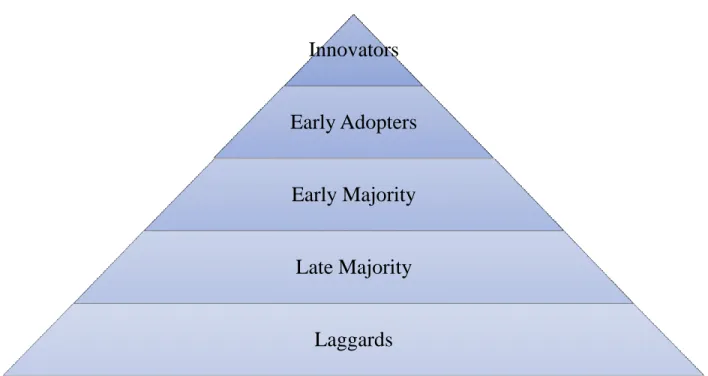
Methodology
Introduction
- Secondary Research Design
- Philosophy
- Approach
- Strategy
- Data Collection
- Data Analysis
- Ethical Consideration
- BI Development
- Dataset Information
- Implementation Details
- Chapter Summary
In this dissertation, in addition to the techniques related to the implementation of the BI platform, secondary analysis methods have been used. The second part of this chapter provides details about the implementation of the BI platform. The study aims to explore the development of BI platform and its importance in effective decision making for Dubai entities.
In this thesis, the dataset was downloaded from the official website of the Dubai Statistics Center (DSC, 2021). These are some of the instances from the collected dataset to demonstrate the type of dataset used for the implementation of the BI platform using ArcGIS software. The data on educational status of the population of Dubai is shown in Table 4.
The importance of the BI platform is usually emphasized with such complexity that a small sample of data is shown in Table 4, whereas the records can be endlessly challenging for the authorities. The following data provides a dataset of the total population of Dubai from the year 1975 to 2020. The expanded table of population per sector or society can be found in the appendix.
The dashboard provides an overview of the total population of Dubai, such as 3.3 million. The case study strategy is used because the case of Dubai Statistics Center is considered. The second section of the chapter presents the implementation details regarding the development of the BI platform.
The BI platform is developed using a dataset to demonstrate the importance of the BI platform in the decision-making process for Dubai government entities such as the Dubai Statistics Centre.
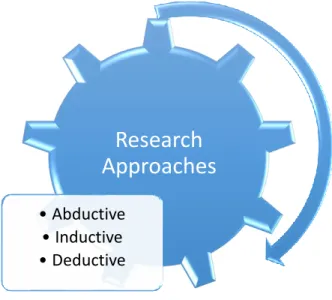
Results Analysis and Interpretation
Introduction
- Thematic Analysis of Secondary Data
- Theme 1: Factors Affecting Decision-Making Process in Dubai Government Entities
- Implementation Results and Analysis
- Effective Data visualisation of raw unstructured data
- Dynamic View of Variables
- Faster Data mining
- Summary
While the world has shifted to electronic data, there is a gap in terms of information when it comes to the decision making process in Dubai's government agencies. The study by Husin et al. 2017) mentioned that the information gap is one of the problems that affects the decision-making process and slows down the public service delivery process. The information gap in Dubai's government agencies is not only limited to the availability of data, but also due to a lack of previous decision-making data.
Another factor that affects the decision-making process is the lack of coherence between the data. A study found that Middle East (ME) countries are far behind when it comes to data-driven management (Zawya, 2021). The lack of open data exacerbates the issue of big data's lack of data in facilitating the decision-making process of Dubai government entities. Wieder and Ossimitz (2015) mentioned that a BI platform provides high quality information and data that is necessary for effective decision making.
BI platforms provide data in a visualized and organized form with insight into other related variables, saving time and effort in decision-making by government agencies. Thus, entities in Dubai can take advantage of the effective aspects of BI platforms for quality decision making. Gartner (2019) mentioned that informed decision making is achieved by using the BI platform as it provides.
Therefore, BI platform is evaluated as an effective tool and solution for the complexity of data that affects the decision-making process of Dubai government entities. This presents implications for the Dubai government entities regarding the importance of the quality of the big data used in the decision-making process of Dubai government entities. The BI platform allows effective data visualization that provides perceptions and insights useful in the decision-making process of Dubai government entities.
This chapter reflects the thematic analysis of secondary sources and the results obtained from the implementation of the BI platform aimed at improving the decision-making process of the DSC.
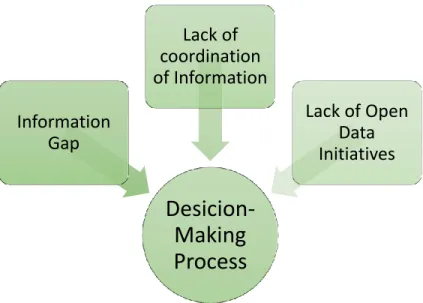
Conclusion and Recommendations
Conclusions
- Recommendations
- Primary Research Design
- Using Larger Dataset Or Big Data
- Open-Data Policy For Government Agencies In Dubai
- Data-Driven Decision Making Practices
- Future Work
- Integration with Real-Time Database
- Integrating with Artificial Intelligence (AI) Approaches
It is concluded that the management makes the decision based on intuition instead of engaging in data-driven decision making leading to an information gap. The second goal was to demonstrate the importance of BI platforms in effective decision-making for DSC and other public entities. The third objective is to evaluate and provide recommendations regarding the use of the BI platform to facilitate the decision-making process in Dubai government entities.
The study included the implementation of the BI platform to evaluate its importance and usage in the decision making process of government agencies in Dubai such as DSC. The secondary sources related to decision-making in Dubai's government agencies were lacking, so relevant information was used. BI platforms have been found to be important and can influence the decision making process in government agencies in Dubai such as DSC.
DSC and other government entities are likely to benefit from the use of BI in the decision-making process, bearing in mind that the development of BI requires the use of quality data such as that used in this study. Secondary sources and BI implementation show the importance of BI platforms in the decision-making process of Dubai government entities. Therefore, the study can use participants from DSC and employees of other Dubai government entities to generate implications for improving the decision-making process.
A small data set was used compared to big data, which can provide a more comprehensive approach to BI platform development. 2017) mentioned that policymakers can use big data technologies to promote data-driven decision-making and address the cumulative needs of BI platforms. Therefore, one of the recommendations for improvements of the current investigation is to use a larger data set to develop a business intelligence platform that facilitates decision making in DSC and other government entities. Thus, open data policies and regulations are extremely necessary for effective decision-making and the use of a BI platform for strategic decisions.
The current study developed a BI platform using ArcGIS platforms to facilitate the decision-making process in Dubai government entities such as DSC.
The Effects of Using Business Intelligence Systems on an Excellence Management and Decision Making Process by Startup Companies: A Case Study. Available at: https://www.fahr.gov.ae/bayanati/portal/en/services/business-intelligence.aspx [Accessed January 10, 2022]. Available at: http://www.digitalistmag.com/future-of-work benefits-of-using-business-intelligence-reports-05468223.
The role of business intelligence systems on green supply chain management: empirical analysis of FMCG in the UAE. Evolution and Trends of Business Intelligence Systems: A Systematic Mapping StudyUniversity of OuluInformation Processing Sciences Master's ThesisPekka Marjamäki21.4.2017, University of Oulu. International Journal of Advanced Engineering, Management and Science Business intelligence management framework in a university: Universidad de la costa case study.
Designing business intelligence (BI) for manufacturing, distribution and customer service: A case study of a UAE-based organization. Exploring Factors Affecting the Adoption of Business Intelligence Systems: A Case Study of Private Universities in Malaysia. Promoting the use of self-service business intelligence - a review of influencing factors related to employees.
Intelligence Software Mining with Business Intelligence Tool for Automating Microservices in SOA: A Use Case.
Appendix
